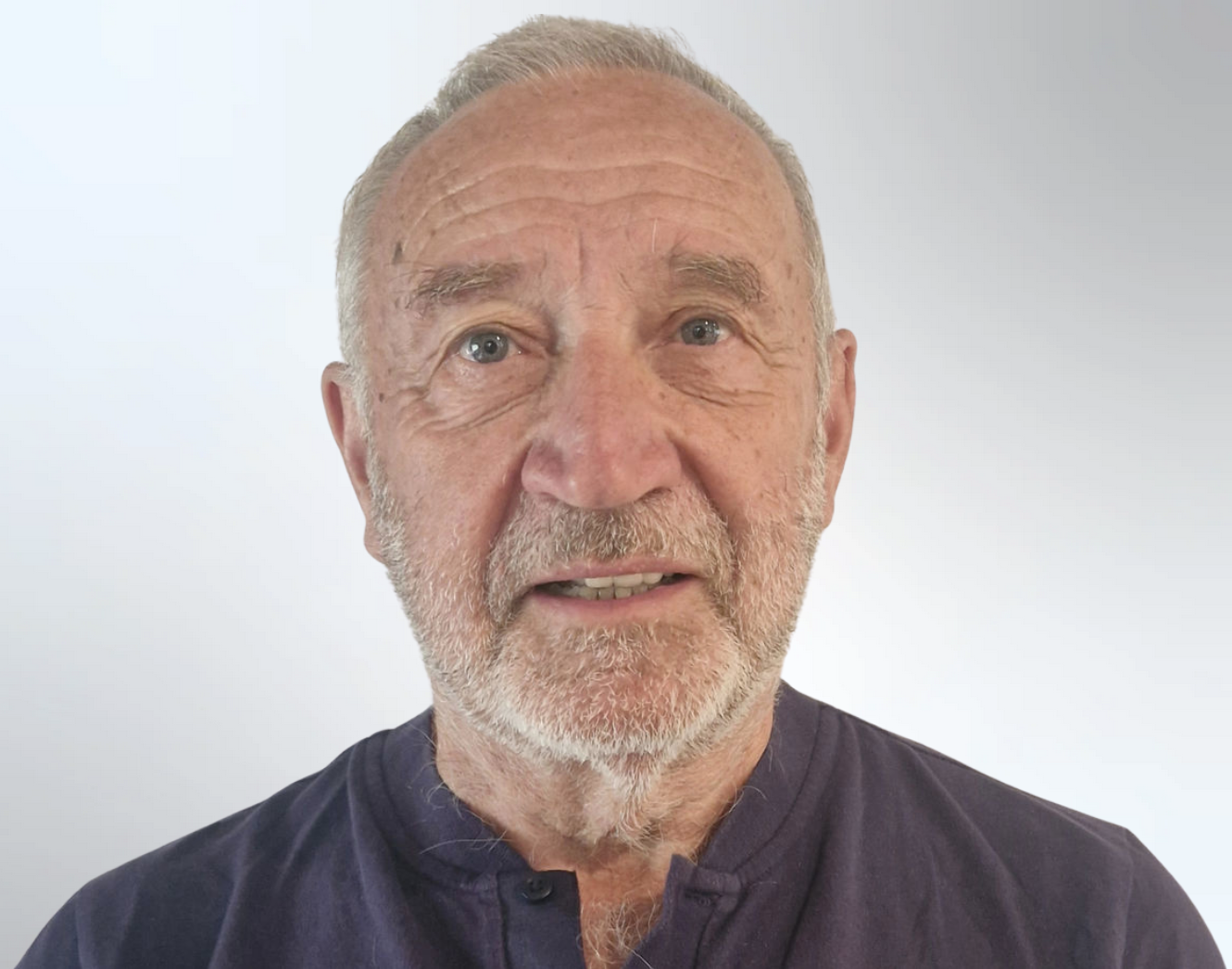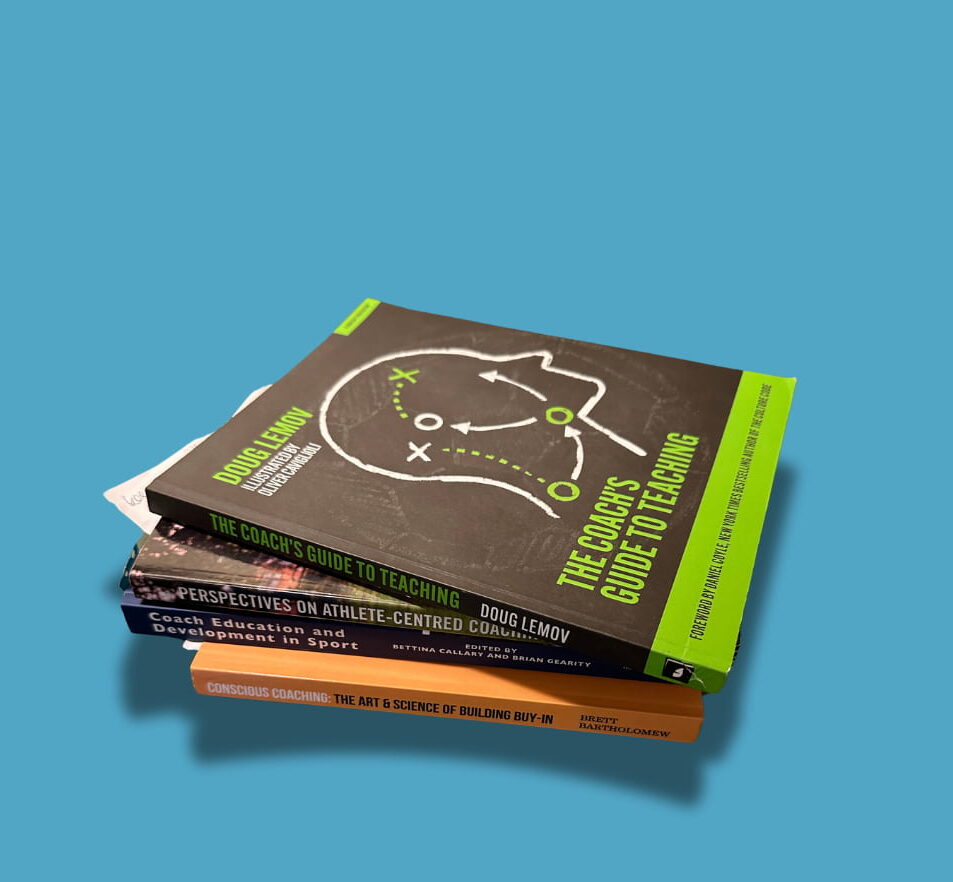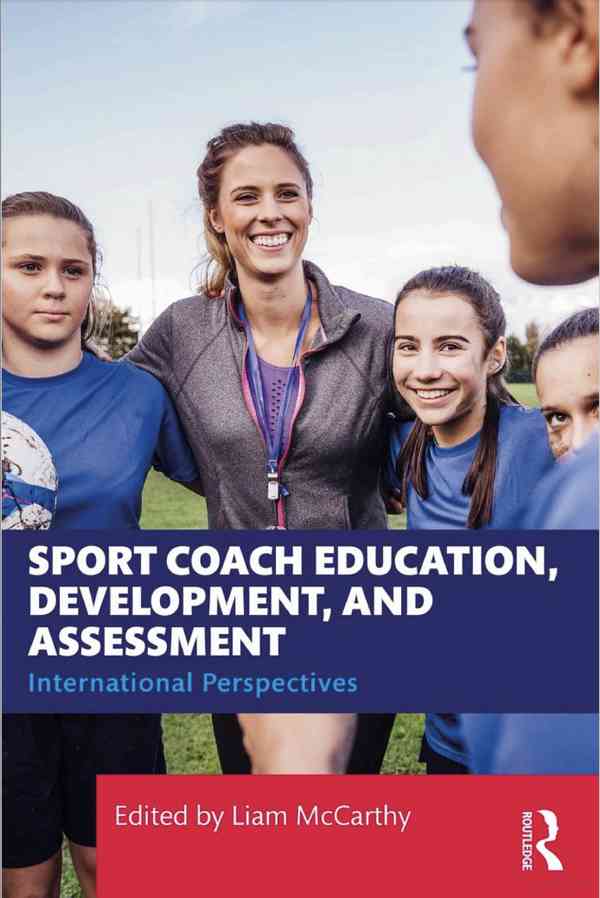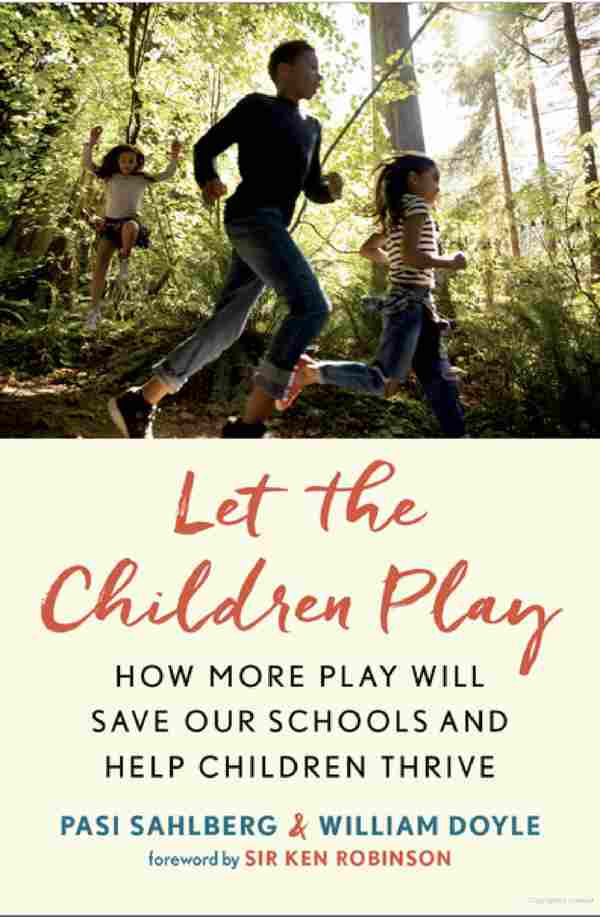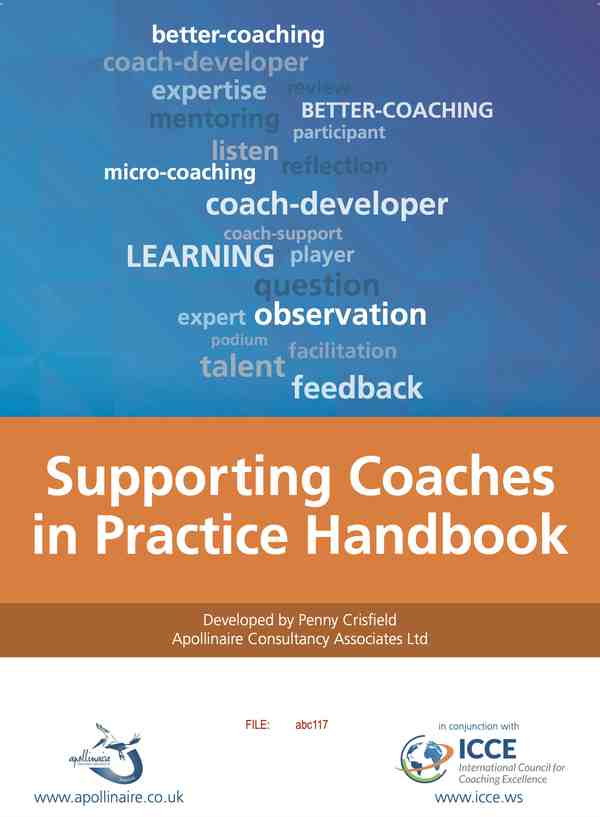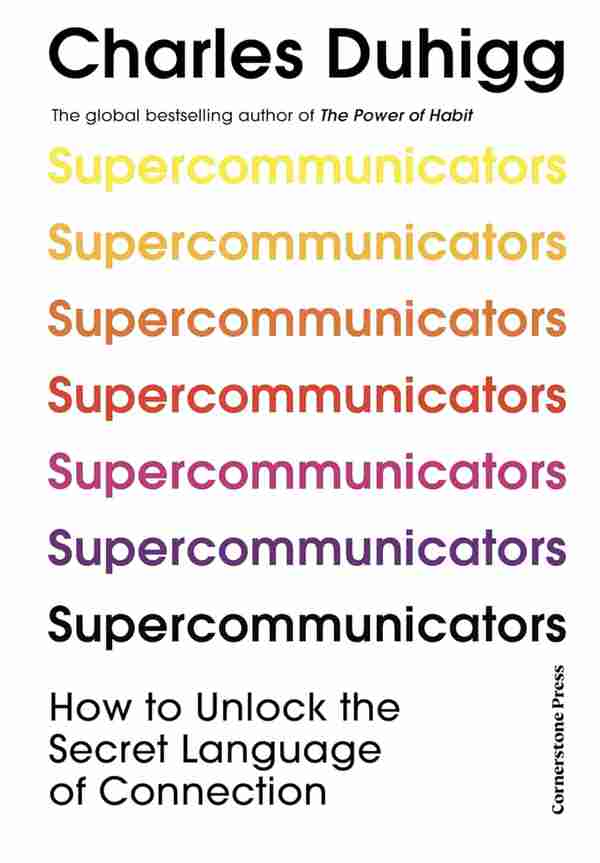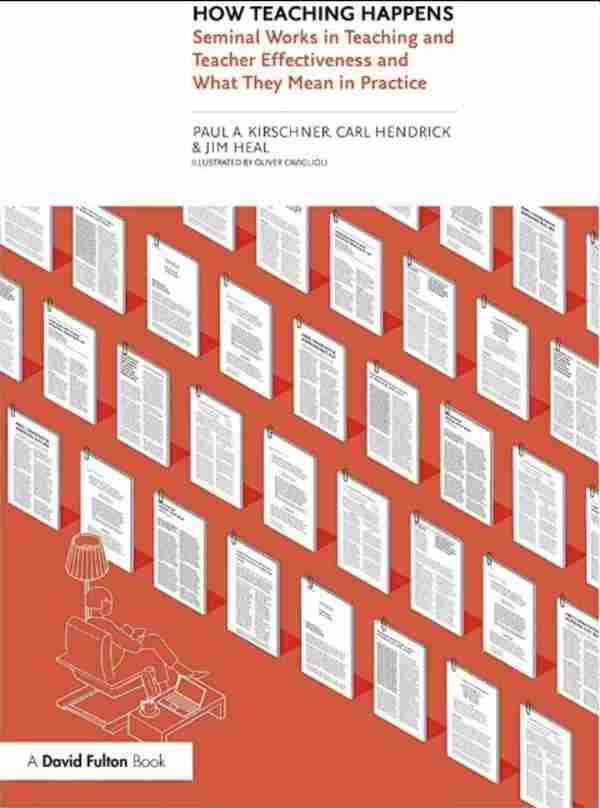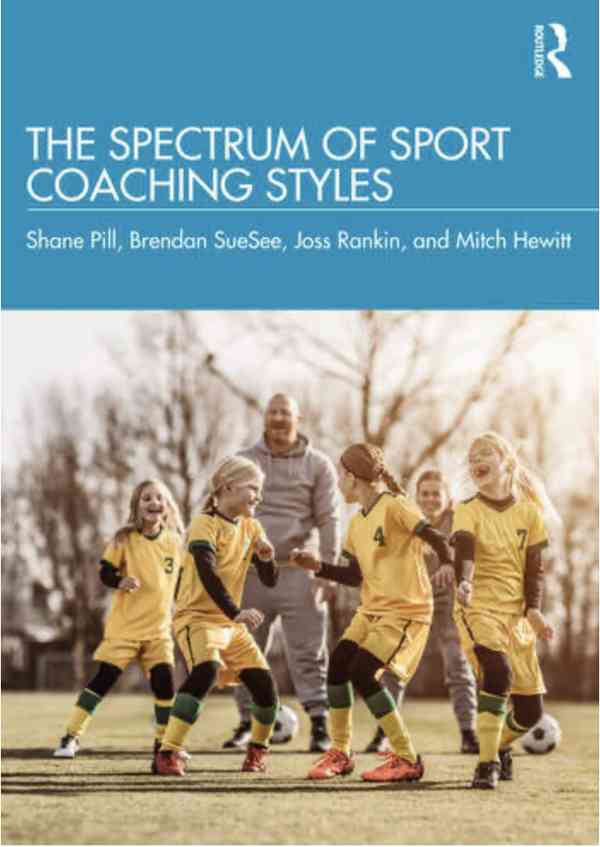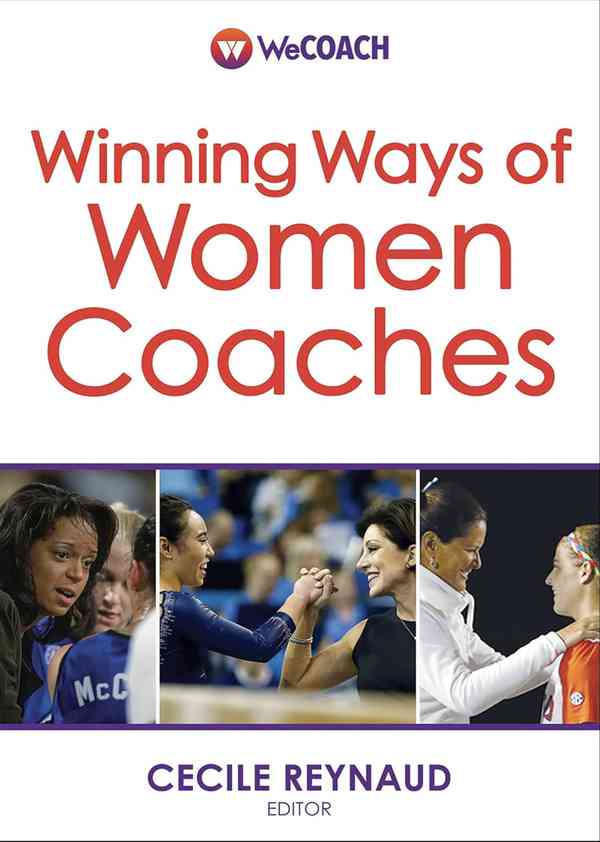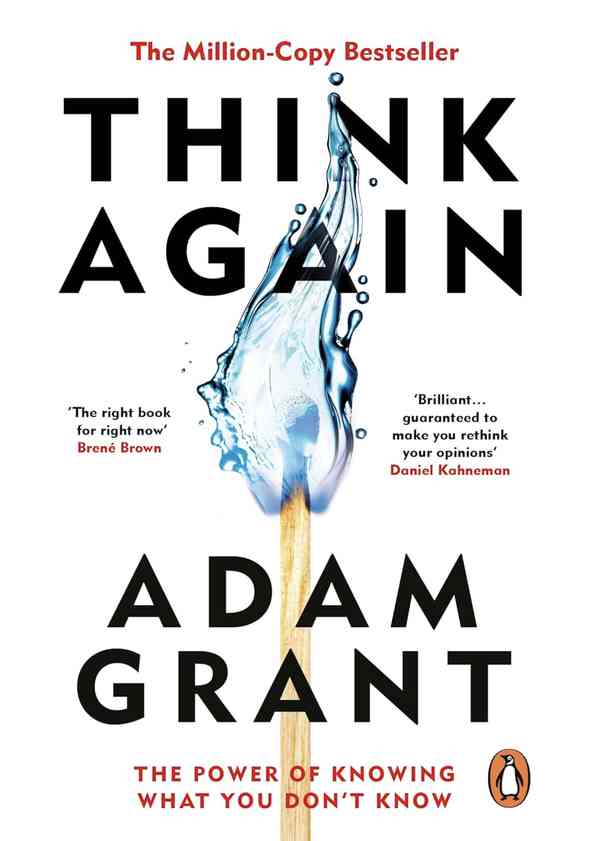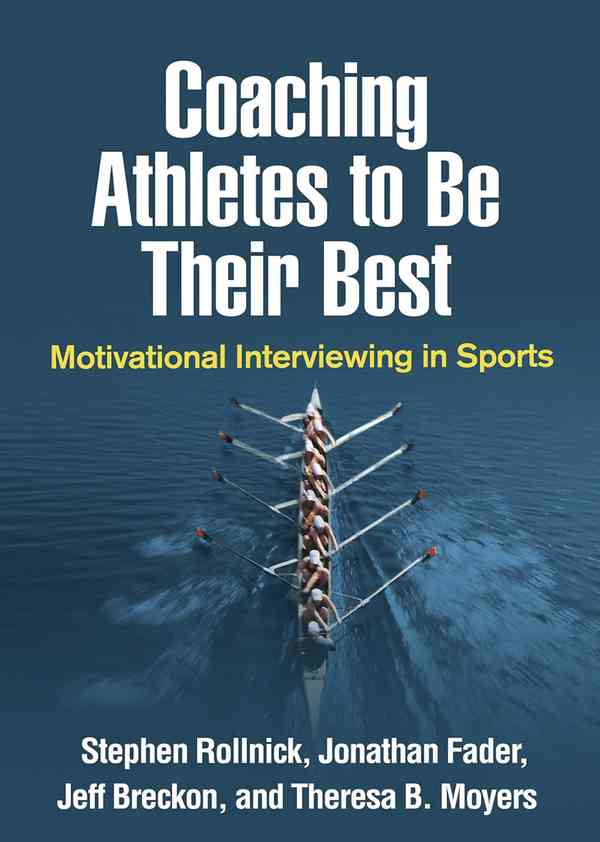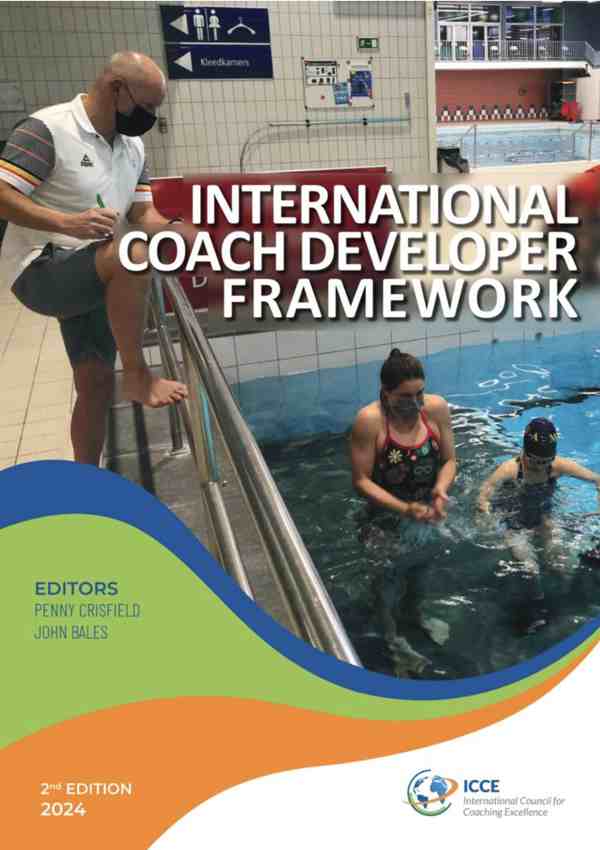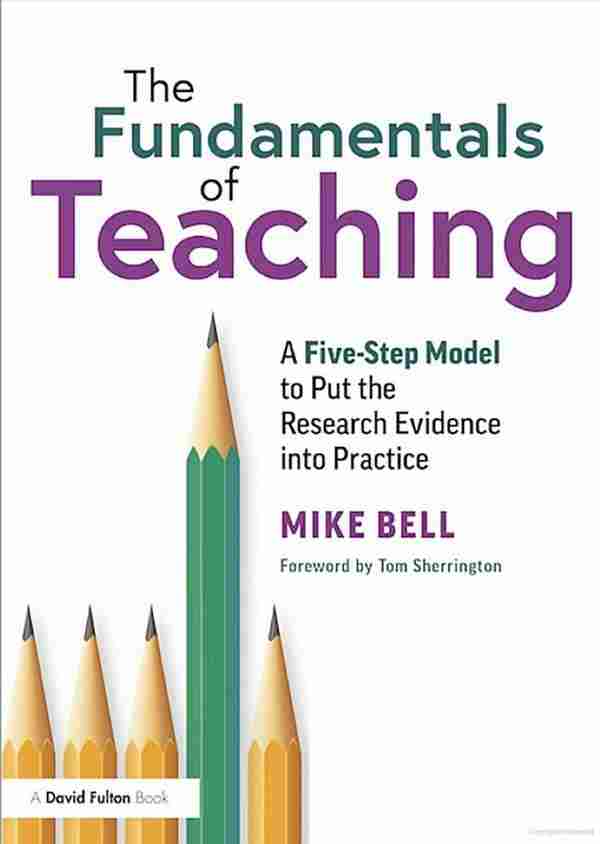Les Bee
Les Bee is a “semi-retired” coach and coach developer who enjoys supporting coaches at all levels. He has over 45 years coaching experience and 30 plus years as a coach developer, primarily involved in football (the round ball game).
He has been influential over several decades in promoting a games-based approach for athlete learning. Les has run numerous games-coaching workshops all over the country and internationally as well as developing a number of resources.
In recent years Les has been at the cutting edge of support-in-practice initiatives whereby more experienced coaches, after some training, volunteer their time to support newbie coaches on the job.
The role of parents in contributing to positive participant outcomes has been a mission of Les’s for some time.
Les has a great ability to take multiple ideas and cut through to the essentials.
HOW DID YOU GET INTO THE CD ROLE?
I was ‘volunteered’ to go on a coaching course by my coach and the club president. The experience was enjoyable, and it was the start of a long learning journey.
I was very fortunate to get a role that allowed me to observe, engage and be challenged by coaches from a wide range of sports.
I was predominantly involved with team sports, but also gained much from exposure to quality coaches from individual sports.
PHILOSOPHY
Be open minded and flexible, try anything that you feel may work with players/athletes.
Be prepared to modify or adjust according to their responses as I believe it is important that players appreciate their efforts, as some physical requirements may be stressful and challenging at the time.
Remember it is their game/activity and therefore they must be at the centre of their
development. Provide an environment that allows and encourages the player to learn through experience and reflection (either through self-reflection or in conjunction with their coach).
Coach development should provide a range of coaching approaches to support them in the delivery of appropriate sessions for the athlete’s development. A course is only the starting point of their journey and further support and opportunities for learning are required.
BEST PARTS ABOUT THE ROLE
I enjoy seeing players and coaches develop and it is rewarding to observe their progress when they move to different levels or continue to enjoy their involvement. It is also very gratifying that many have kept in touch over the years.
SUPPORT FOR COACHES & COACH DEVELOPERS
The connection with coaches through courses and supporting them whilst they explore their options and philosophies.
Supporting new coach developers in their journey and encouraging them to try different approaches to see what works for them and resonates with the coaches they are working with over time.
IF YOU HAD MORE RESOURCES
Establish a support mechanism that makes it easy for coaches to identify a sounding board to help in further development or overcome challenges.
Establish a local association/club contact for this purpose; State and National level support seems to be too distant to have an ongoing impact.
Whilst technology can assist, I believe coaching is an interpersonal activity and requires personal contact between coach developers/mentors and coaches, that reinforces the desired coaching behaviours.
This should also include engaging with parents to ensure all are on the same page in supporting the athlete’s participation.
HIGHLIGHTS AND CHALLENGES
Highlights
Working with people who are open and prepared to share their thoughts, have clear values and treat others with respect and dignity regardless of their background and level they coach.
Challenges
In the past, coaching courses have tended to focus on one approach to coaching that may not resonate with some participants, there is a need for coaches to be exposed to a range of coaching methods as they further develop, this is difficult given the time constraints of a course.
Just like your driver’s licence, a one-off assessment gets you a licence, however that’s when the real learning experience begins, and there’s no “P” plates for coaches.
DO YOU HAVE A MENTOR?
I have learnt from many people from a wide range of sports and like industries so believe I have many mentors. I stay in touch with people who are happy to share their experiences and thoughts.
I have benefitted from three close friendships/mentors from my own sport and three from other sports and one from an officiating background, all are prepared to share thoughts and be a critical friend.
MY TOP 5 COACH DEV TIPS
- Seek information and ideas from all areas, sport, education, business etc.
- Explore and experiment with the different approaches to coaching and coach development.
- Provide learning environments for coaches where they learn not to ‘over coach’.
- Be comfortable to make mistakes, reflected experience can be extremely valuable.
- Remember “It’s about the person, first and foremost”.
Above all, “Be yourself.”

